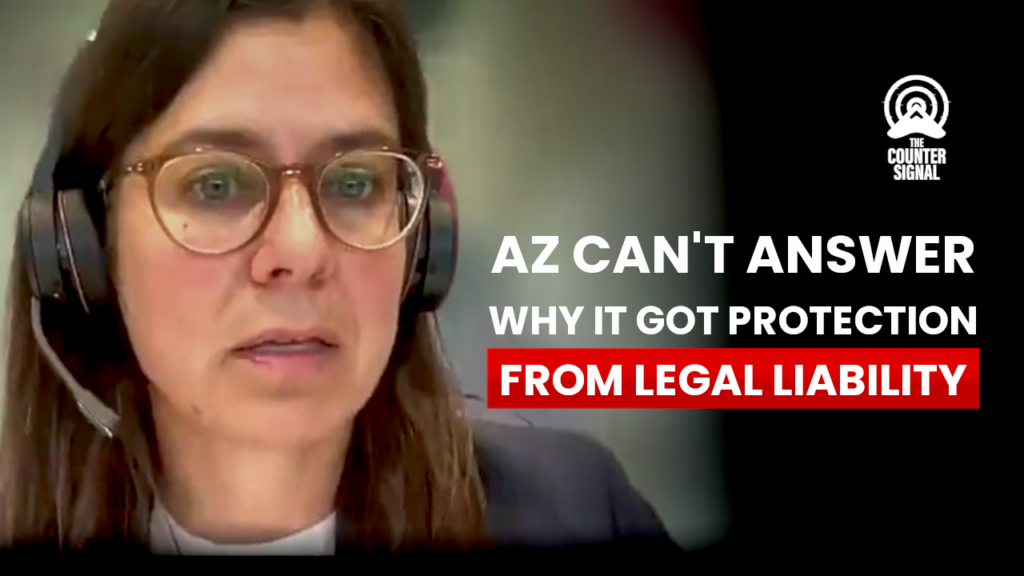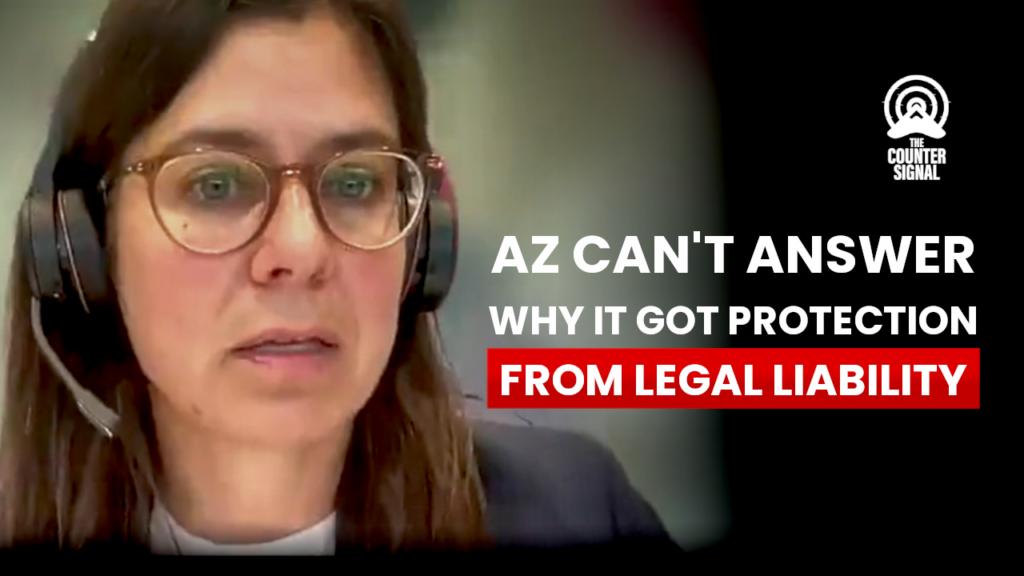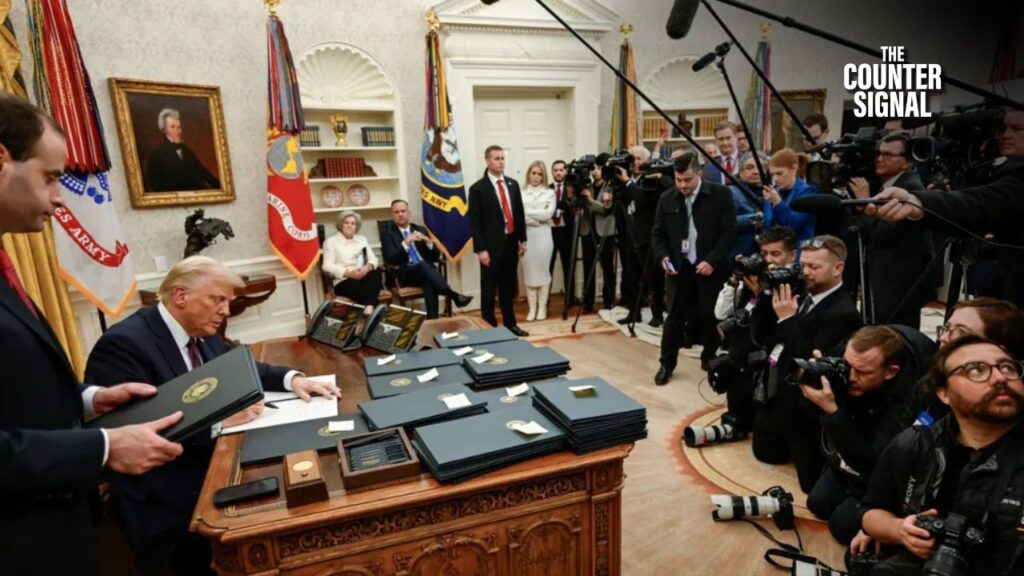MP Garnett Genuis recently grilled the President of AstraZeneca Canada, who couldn’t answer why their company needed indemnity (protection from legal liability) for their safe and effective COVID vaccine.

“A previous witness has told us that the global distribution of vaccine[s] is subject to indemnification clauses that countries have to sign on to, meaning that if something goes wrong, your companies are shielded from liability,” MP Genius began, speaking in front of the Standing Committee on Foreign Affairs and International Development.
“People cannot sue if they experience or perceive they have experienced vaccine injuries. Instead, any compensation would be paid out by a no-fault mechanism funded by COVAX, to which industry does not contribute. This witness further told us that you had asked for this protection as part of your agreements,” he continued.
“So, could you please explain why your company asked for indemnification clauses, why public bodies should assume those liabilities, and whether these indemnification clauses would apply in cases where information was withheld by your company with respect to risks?” [Emphasis added]
"Indemnification clauses" protect manufacturers of #vaccines from liability. Today at the Foreign Affairs Committee the President of @AstraZenecaCA could not answer basic questions about why indemnification clauses were asked for and how they apply. #cdnpoli #COVID19 pic.twitter.com/VO0xIi3a6i
— Garnett Genuis (@GarnettGenuis) April 25, 2022
As expected, AstraZeneca Canada President Kiersten Combs is dumbfounded by the straightforward question of why their company asked for legal liability, apparently being utterly unaware of what situations indemnity would even apply to or that it was requested.
“So, I’m not privileged as to a specifically the indemnification clause and the contract you speak of. What I can say is that AstraZeneca stands behind our medicines and the safety profile of our medicines. And so —”
Genuis steps in, calling out Combs for being the President of AstraZeneca Canada but apparently sitting in total ignorance of what liabilities the company is subject to or is even asking for.
Again, Combs is dumbstruck, dodging the question as Genuis is prevented from continuing.
As many will remember, AstraZeneca was the first of the big four vaccine manufacturers to have their product rejected around the world after governments admitted that the vaccine led to an increased risk of blood clots forming and a whole host of other side effects.
Without indemnity, AstraZeneca would have been liable for every injury.
Moreover, they likely knew that the vaccine carried with it such risks. As international relations columnist Rupa Subramanya notes, vaccine manufacturers who were not given indemnity in countries, specifically in India, immediately backed off.
There's a reason why COVID19 vaccines made by Pfizer and Moderna are not available in India. The Indian government refused to grant them indemnity, with Pfizer demanding both both indemnity and sovereign immunity waiver. https://t.co/dCaJfivmHZ
— Rupa Subramanya (@rupasubramanya) April 25, 2022
When push came to shove, the companies weren’t confident enough in their vaccine’s safety to risk the never-ending wave of lawsuits that would follow millions of vaccine adverse reactions.










